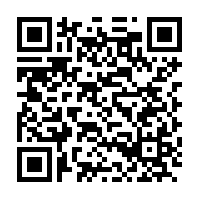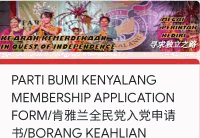Still unclear about what’s in the agreement? We’ve broken it down for you.
1. Unlike Malaysian laws, MA63 cannot be changed in the Malaysian Parliament This is because the MA63 is an international treaty, and not a piece of law legislated by the parliament. The only way the terms within MA63 can be amended is for all the signatory parties to sit down together as peers and amend it. In practice this would mean Sabah, Sarawak, the federal government and the United Kingdom would have to sit together and reegotiate the terms in order to change it.
2. Sabah and Sarawak are more than just states under Malaya Under the MA63, Sabah and Sarawak are equal partners in the formation of Malaysia and not individual peninsular states. This means Sabah and Sarawak have extra autonomy in the administration of land and immigration matters.
3. There should be no state religion Locals were concerned as to whether the role of Islam as the official religion of the Federation of Malaya would affect religious freedom if Sarawak became a part of Malaysia. It stated that that complete freedom of religion would be guaranteed in the Federal Constitution and that ‘Sarawak has at present no established religion and it would not be required to accept Islam as its State religion.’
4. Sabah and Sarawak have the right to use English in its state assembly and court proceedings Article 161(1) forbids any law restricting Sabah and Sarawak’s right to use English for official purposes until after 10 years from 16th September 1963. As of today the National Language Act 1963/1967 has not yet come into force in Sarawak. This means that it is still not mandatory for the state to use Bahasa Malaysia in government departments and state ministries.
5. Sarawak and Sabah have their own immigration law Sarawak and Sabah have the power to regulate immigration to their states. This is why Malaysians from the Peninsular require a permit if they want to work or study in Sarawak or Sabah, and those who are on a short visit to Sarawak and Sabah will have to fill an immigration form for a 90-day visit pass. This restriction is laid in Section 66 of the Immigration Act 1959/1963, and was included because of MA63.
Source: Star Online









